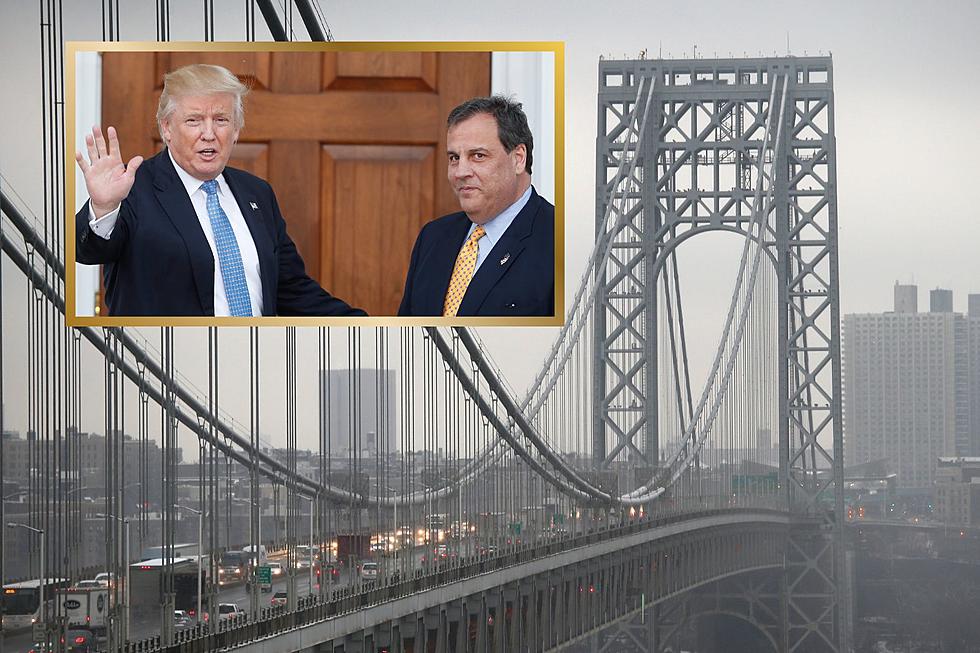
More judges than ever, with more on the way for New Jersey courts
New Jersey’s judicial roster sets a record Tuesday: More than ever, with more on the way.
The state Senate is scheduled to confirm another 12 new Superior Court judges today, the latest in a recurring wave of appointees that will bring the number of seated judges to 429. It hasn’t had a lower rate of vacancies since before the trial courts were expanded to their current maximum of 443 judges.
“It’s the largest number of Superior Court judges to sit at any one time in New Jersey history,” said Christie, who said the public will benefit from having cases heard more quickly – in the civil and family courts, as well as in criminal courts.
The maximum number of Superior Court judges will soon be raised to 463, under a bill Christie signed into law Monday that takes effect in January. It allocates $9.3 million to create 20 new judges.
Senate President Stephen Sweeney, D-Gloucester, said the additional judges are needed under bail reforms that took effect Jan. 1, which eliminate cash bail for lower-level crimes and allow judges to deny bail altogether, for the first time, for defendants who are deemed dangerous.
Defendants who are detained are promised a trial within six months.
“I can’t tell you how many times I spoke to the governor and said we have to get these additional judges,” Sweeney said. “There’s too many people that make money off the poor that are rooting for us to fail.”
Chief Justice Stuart Rabner said the effects of the speedy-trial aspect of the new bail rules will start being felt in six to nine months. Starting this week, he said, judges around the state will also handle hundreds of detention hearings under the new assessment system.
Beyond the bail reform, Rabner said, the new judges will help address backlogs in the judiciary.
“With the shift of population over the last two decades, there have been growth in filings in certain parts of the state, so that in some vicinages, even when all of the judges allotted there are filled, they still don’t have enough,” Rabner said. “And this will enable us to look at where the needs exist throughout our state and respond.”
Christie said it’s good that the 20 judges will be assigned by Rabner, rather than tied to a certain county’s courthouse by the legislation.
“These judges shouldn’t just go to whichever county has the most state senators or the most influential state senators,” Christie said.
Sweeney said the Senate had to resist the temptation to make the increase 21 judges, rather than 20, and then assign one to each county.
Christie alluded to how the low vacancy rate comes against a backdrop of unprecedented feuding.
The fight over filling court vacancies wasn’t limited to the state Supreme Court, which operated with appellate judges temporarily assigned from 2010 until last year. Christie and senators also disagreed over Superior Court appointments, leading to vacancies of upwards of 50 seats at times.
The vacancy rate reached 40 percent in Essex County and 46 percent in Mercer County, at their peaks.
“We’ve worked hard to get to this point, the most judges sitting at any one time in New Jersey history,” Christie said. “And I suspect that given what we’ve done before in terms of confirmations, maybe five or six years ago, there were a lot of people who would doubt that we would have ever gotten here.”
“This will be the lowest vacancy rate that has existed not only in this administration but in the last couple of decades. This is something that people thought was impossible,” Christie said.
Christie’s office said in an email that the judicial vacancy rate will be at its lowest level in nearly a decade, once the latest nominees are confirmed Tuesday by the Senate.
New Jersey: Decoded cuts through the cruft and gets to what matters in New Jersey news and politics. Follow on Facebook and Twitter.
Michael Symons is State House bureau chief for New Jersey 101.5 and the editor of New Jersey: Decoded. Follow @NJDecoded on Twitter and Facebook. Contact him at michael.symons@townsquaremedia.com
More From New Jersey 101.5 FM









